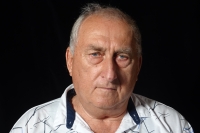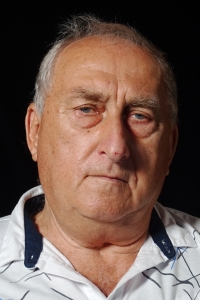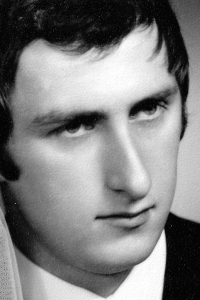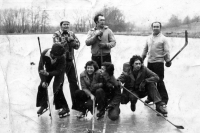They wanted to plough fields with steam engines but couldn’t beat the farmer
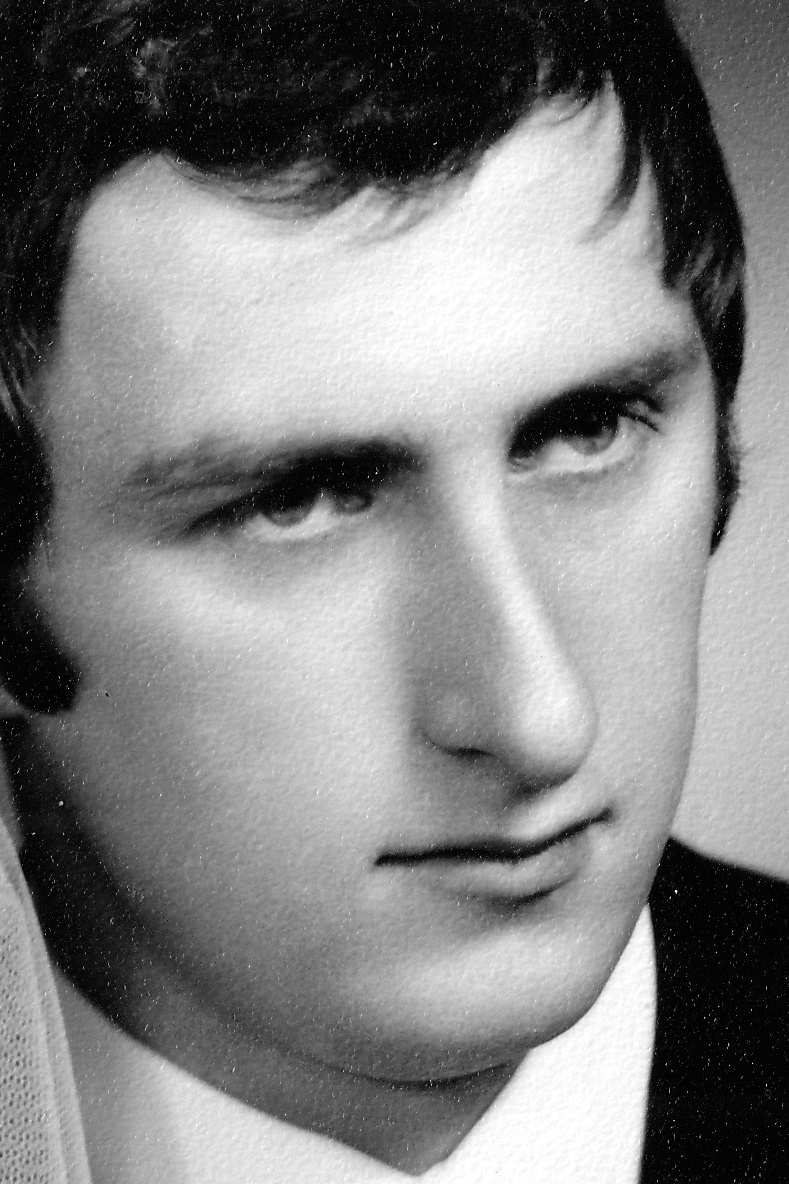
Download image
Felix Döhner was born in Třebom in the Hlučín region on 12 October 1947 into a farmer’s family. The Döhners had farmed in Trebom for generations and were of German nationality like all local natives. Since mother Valerie was Polish, the family was not deported after the war. However, the Czechoslovak authorities nationalised the farm, animals and seventeen and a half hectares of land. The family was able to buy back some of their own property from the state, but the collectivization of agriculture came and the parents were pressured to join a cooperative. They never submitted to collectivisation and farmed privately. Felix Döhner trained as a farm machinery repairer and helped on the family farm. In the early 1970s, he married in Kobeřice and worked as a driver in a gypsum quarry. After 1989, he recovered partial compensation for the family property as part of restitution. He was living in Kobeřice at the time of the filming in 2024.
